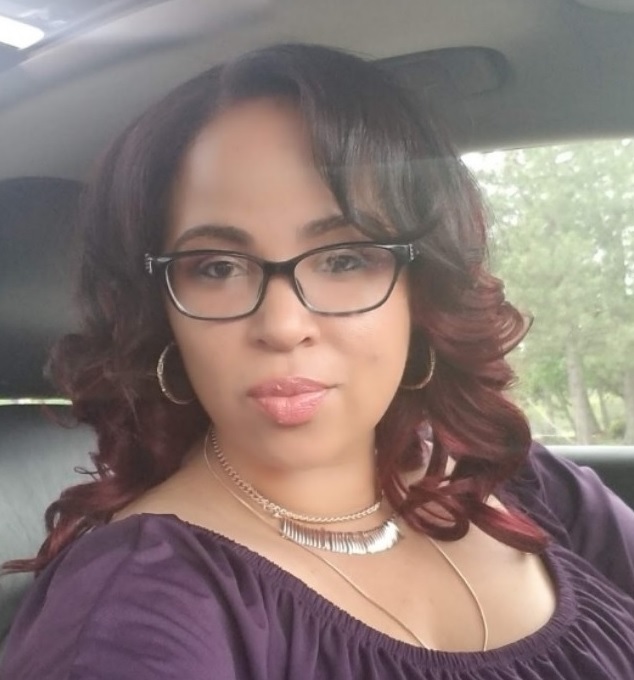For the past three summers, Living History’s TimeLine South has offered an ensemble of teenagers the opportunity to learn basic skills in theatre & performing arts from some of the most experienced and dynamic artists in the city. Through this six-week summer arts program, students engage in advocacy and community building through art as a way to illuminate some of their community’s toughest challenges and spark change. We understand that these topics can be difficult for young artists and we also believe that art can help heal and be an effective vehicle for social justice.
Although the COVID-19 pandemic has altered this year’s program, TimeLine South has been re-imagined as an online program, committed to the same goals of providing teens a safe space for self-expression, creativity, and ensemble building.
Each week, the young people who make up the 2020 TimeLine South ensemble learn about a different facet of theatre with an expert. Alongside these theatre professionals, the TimeLine South team also works with a counselor to learn tools and practices for wellness and healing as part of their journey toward becoming resilient future leaders. Hear more from TimeLine South’s Falisa Byers for a sneak peek behind the curtains at this transformative summer program.
“I want [students] to walk away knowing their voices matter, that they can help change the world if they put those feelings and emotions to action by bringing awareness to the challenges we face as a human race and becoming change agents advocating for social justice reform within their own communities and across the world!”

Tell us about what you’re teaching for TimeLine South. Why is it important now?
I have the pleasure of being TimeLine South’s first summer counselor. Functioning in this role has allowed me to work with the teaching artists in creating another layer of support for the entire ensemble. During the last six weeks, I have been able to provide the ensemble with information on trauma, the impact of trauma including identifying triggers, and vicarious trauma as well as the importance of self-care in the role of a teaching artist. The teens had the opportunity to learn about the importance of self-care and how important it is to be intentional with their self-care routines as well as the effects of not taking care of themselves. This was accomplished through interactive Zoom workshops!
As summer counselor, I was able to provide wellness sessions, meeting with the teens one on one to discuss overall wellness according to their individual lives. I emphasized to the teens the importance of taking care of themselves, connecting them with resources within the community, and finding and using their voices. I worked with the ensemble on Social Emotional Learning, emphasizing the significance of acknowledging and processing through all emotions and feelings that come to the surface during this creative process and throughout life.
With the pandemic and the Black Lives Matter Movement at the center of the world right now, on top of the issues teens face on an everyday basis (which you will learn about when you watch the show), it was imperative to provide the ensemble with a safe space to talk about how they are experiencing these unprecedented times. A space to say how they are feeling and reacting without being judged, a space to have support in identifying those feelings, sorting through them, and using all of that energy to create this magnificent piece of art! Theater can create a space for healing, shifting narratives, and igniting advocacy efforts for social justice reform. In the wake of everything that is happening, there is no question as to why the work I have done with the ensemble this summer is of the utmost importance.
As you know, adapting TimeLine South to be an online program has been a “work in process.” Can you talk a little bit about your process adapting your work to this new virtual program?
This being my first year working with TimeLine South, I can only imagine how difficult it was to transition from a theater where you pretty much have everything you need, to a completely unfamiliar world. All I can say is the teaching artists did a magnificent job adapting and using technology to create this virtual theater world. For me, I am used to interacting with people face to face so it was definitely an adaption only seeing people in the virtual world. I was able to use my skills of reading body language to identify times that people may have been feeling heavy and need of time to pause and process through the heavy moment.
What’s a memorable moment you had during sessions? Why did it stick with you?
This is so hard! There were so many memorable moments. If I have to choose, it would probably be the moment the ensemble flocked together. It was so natural, so organic. This moment displayed unity and support of each other as an ensemble.
What do you hope this ensemble walks away with at the end of these six weeks?
I hope the ensemble walks away knowing that theater is a space for embracing the feelings and emotions that we encounter when faced with difficult times. I want them to walk away knowing their voices matter, that they can help change the world if they put those feelings and emotions to action by bringing awareness to the challenges we face as a human race and becoming change agents advocating for social justice reform within their own communities and across the world! I want the teens to know they matter and we hear them!
Explore the TimeLine South 2020 Wellness Corner, featuring resources that Falisa used with the TimeLine South Ensemble during their 6-week program!
